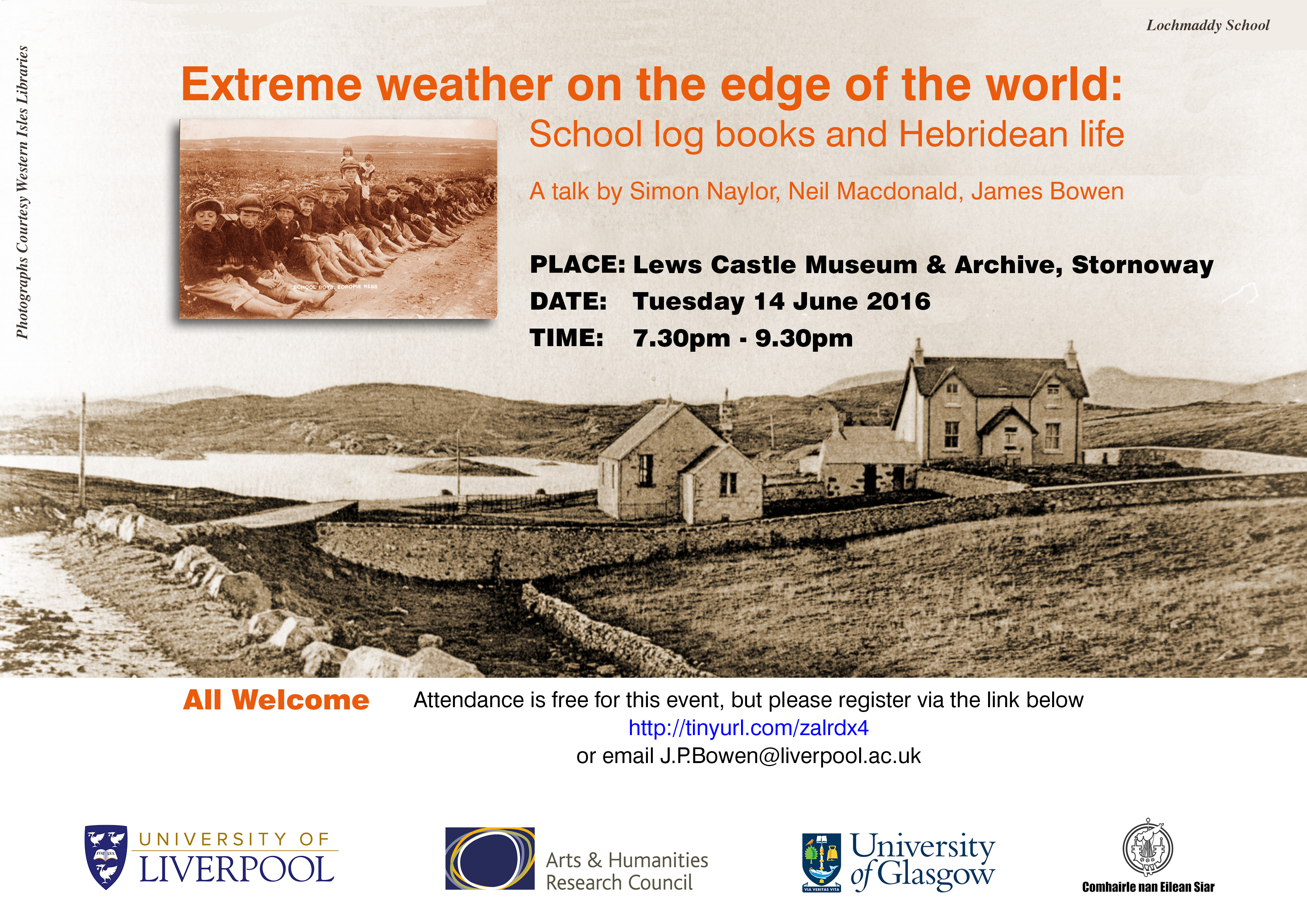
June 17, 2016, by James
Public Talk in Stornoway
On Tuesday 14 June 2016 a public talk titled ‘Extreme Weather on the Edge of the World: School log books and Hebridean Life’ was given at the new Lews Castle Museum and Archive, Stornoway (http://www.eventbrite.co.uk/e/extreme-weather-on-the-edge-of-the-world-school-log-books-and-hebridean-life-tickets-25228396814?aff=ebrowse). Forty one people attended the event, which outlined on-going research being conducted by the project team comprised of Drs. Simon Naylor, Neil Macdonald and James Bowen who have made several research visits to the Western Isles to extract data concerning extreme weather from school log books. The event was advertised in Hebevents which featured an article by Eilidh Whiteford in which James Bowen outlined the potential that school log books provide as a source for weather history (http://www.hebevents.com/wp-content/uploads/EVENTS124.pdf page 12) commenting:
“There are over 170 log books for schools throughout the Western Isles and they provide unique insight into the occurrence extreme weather and the everyday character of Hebridean life in the nineteenth and twentieth centuries. For instance, extreme weather affected the traditional industries of crofting and fishing, hampering the economic development of the region and had implications for the health and well-being of the population, often coinciding with outbreaks of disease, illness and pandemics. Children routinely missed school because the weather was too bad for them to reach it, or because their clothing was insufficient for them to cope with heavy rain, wind or snow; hence periods of storminess, snow, high winds, heavy rainfall and droughts were frequently remarked upon in the log books. Also recorded were wider aspects of community life such as agricultural activities, for instance spring work, the summer pasturing of livestock, harvest work and the lifting of potatoes; the gathering of shellfish; the loss of fishermen, boats and ships; outbreaks of diseases like cholera, measles, scarlatina, small pox and typhus; the poor state of living conditions and the lack of adequate shoes and clothing for school children. North-west Scotland is very different to the other case study regions being explored by the project for various reasons. It has been chosen for investigation as it has been identified as being at risk of flooding and storm events.”
After an initial introduction to the UK wide project, there followed an interesting talk exploring a series of weather related themes illustrated with examples of entries from school log books consulted on previous visits. Following the talk there was a lively question and answer session which not only considered the wider history of the Western Isles and particularly the significance of weather on everyday life, but also the parallels with contemporary issues relating to the impact of extreme weather events. The research team also took the opportunity to distribute postcards amongst the audience which asked them to record their personal memory of extreme weather, where it took place and when their story happened. A further public talk at the request of Museum Nan Eilean, Sgoil Lionacliet on the Island of Benbecula is provisionally planned for Friday 9 September 2016. Whilst in Stornoway information from additional log books was consulted and this will be analysed, adding to the sample already processed which will in time form the basis of an article.
The project team would like to thank all of those who attended and, in particular, Seonaid McDonald (Archivist) and Angus Murray (Museums Officer) who helped with the organisation of the event. Photographs taken at the event can be found below.
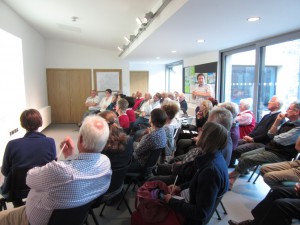
Dr. Neil Macdonald addressing the audience, outlining his intention to complement the Stornoway instrumental series (1857-) with qualitative descriptions extracted from school log books.

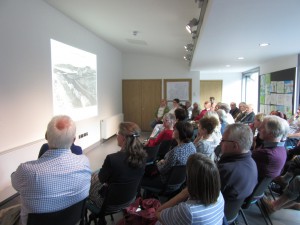
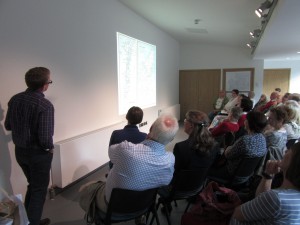
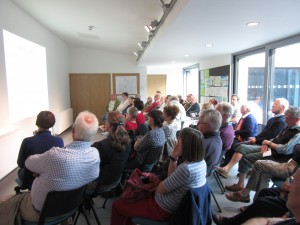
nice blog